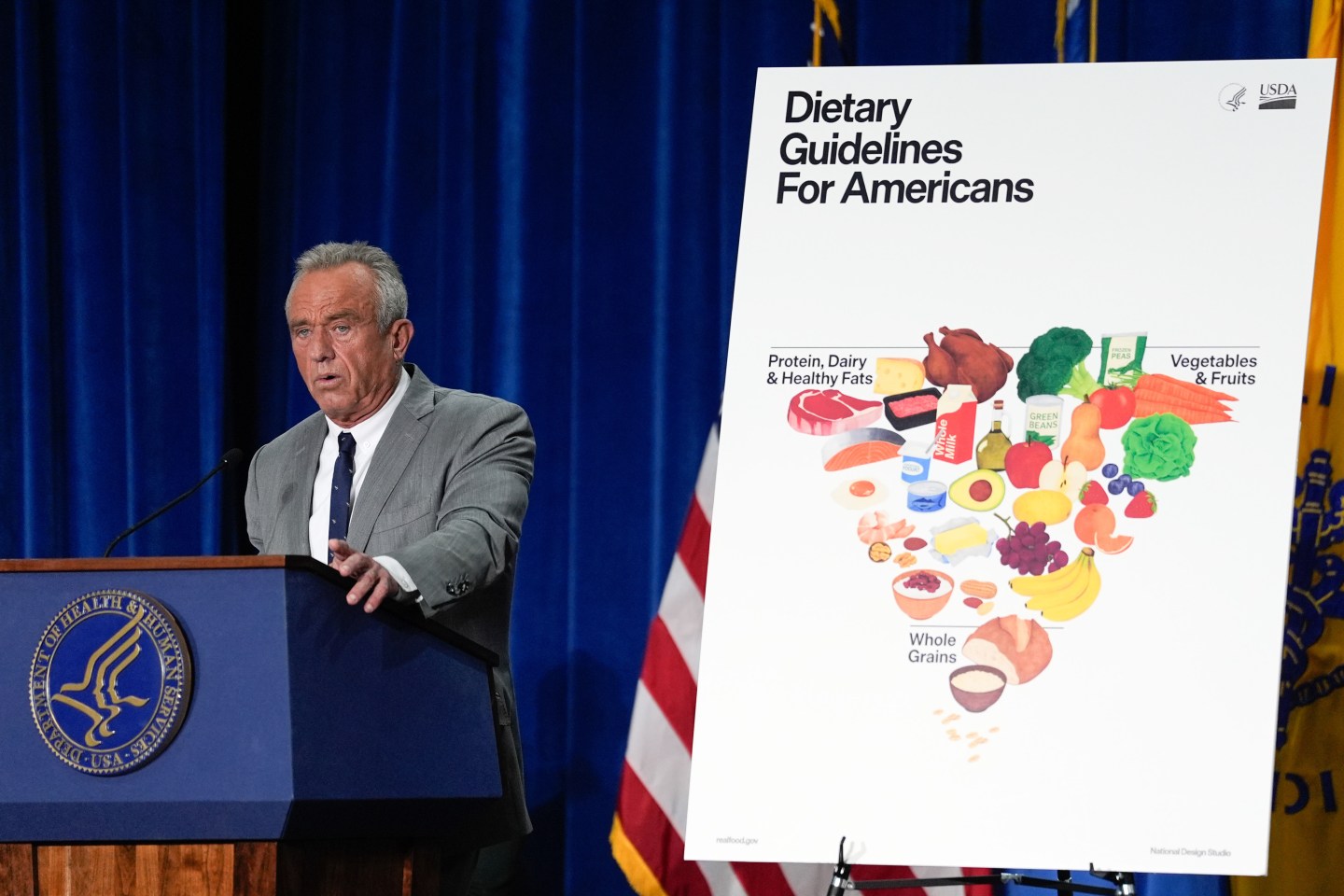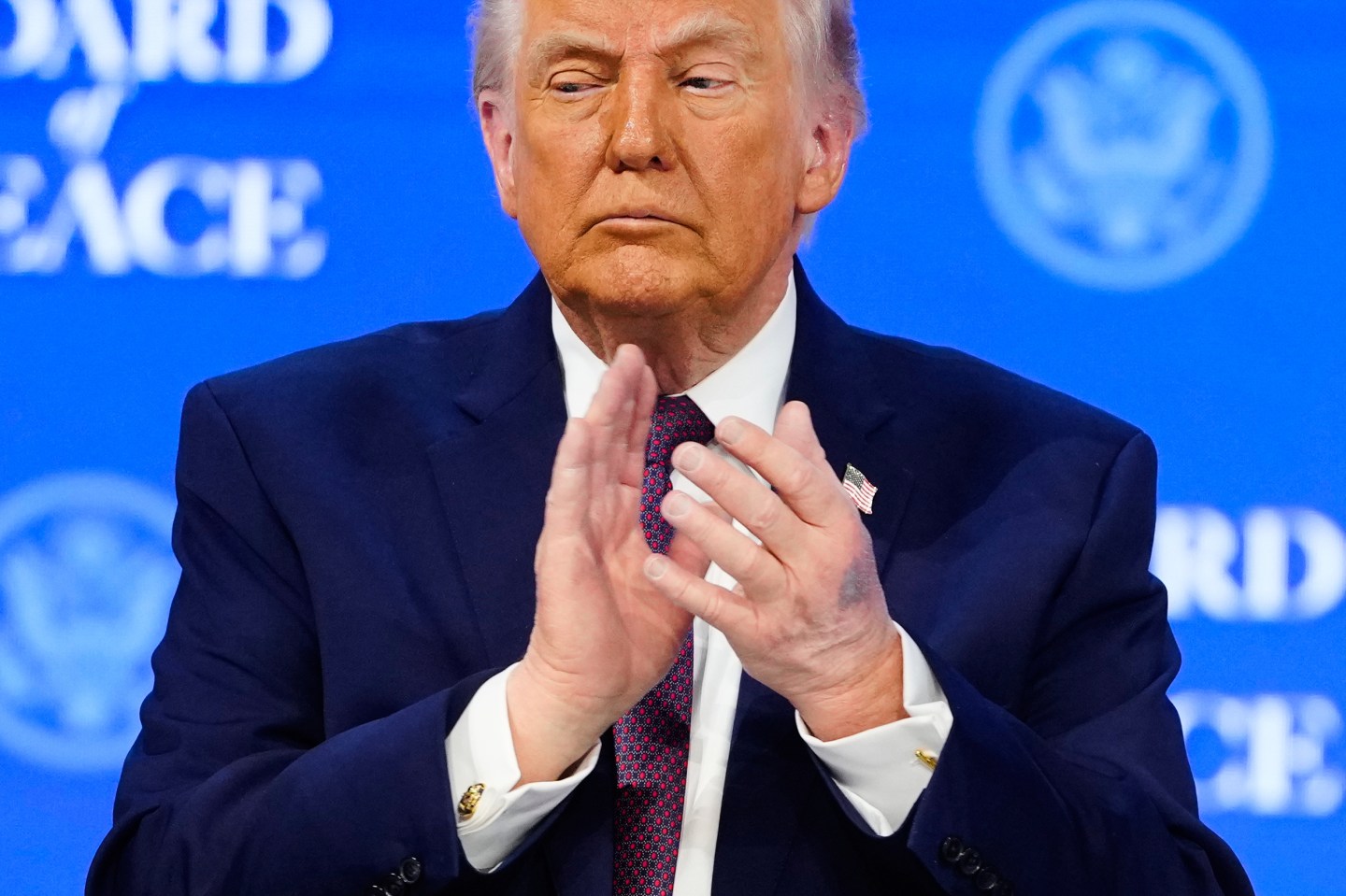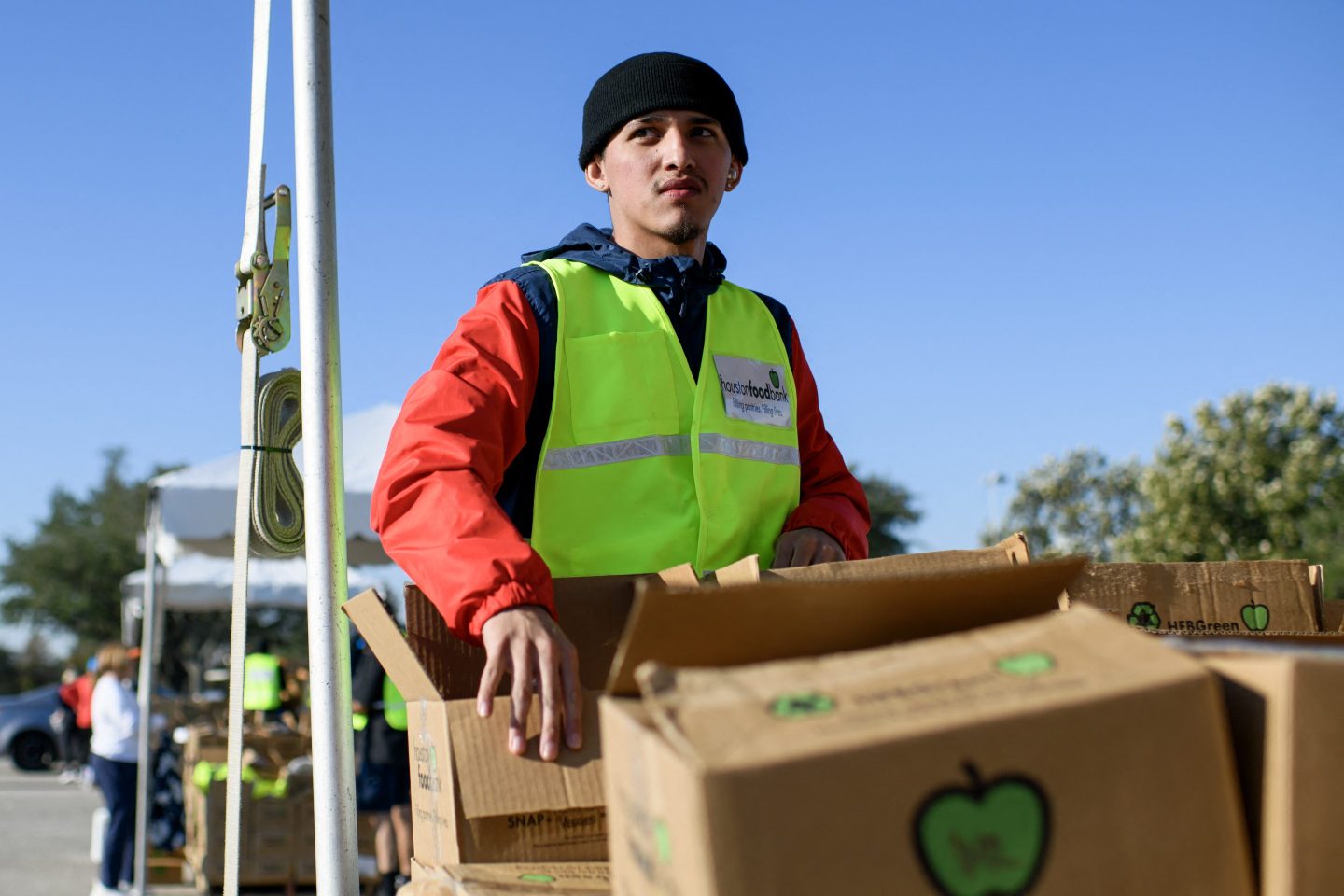America’s opioid epidemic is so brutal and pervasive that it’s literally contributing to lower life expectancy across the nation and hitting the U.S. Workforce participation rate. Prescription painkiller and opioid overdoses are now killing more than 30,000 Americans per year. The federal government has begun taking some steps to stem the tide, including by making it easier for non-doctors to prescribe opioid addiction treatment. But the city of Philadelphia is taking things a step further, with officials across the local government announcing Tuesday that they would whole-heartedly endorse a program of “safe injection sites”—i.e., locations where drug users can use their product of choice while in the company of medical professionals who could save them from an overdose.
Subscribe to Brainstorm Health Daily, our newsletter about the most exciting health innovations.
This is, undoubtedly, a controversial proposition. These safe injection sites wouldn’t be run by the city, but rather outsourced to private organizations who step up. Critics say it would amount to a sanctioning of illegal drug use; some public health advocates reply that, in a time of medical crisis, it’s better to prioritize people’s health and safety, even if it means (in some ways) giving dangerous and illegal drug use a pass.
While officials like Pennsylvania’s new state attorney general have said they wouldn’t target individuals who use or operate such sites (if they’re eventually set up), there would be significant tensions between the city, state, and federal government on the program—especially given Attorney General Jeff Sessions’ hardline position on recreational drug use. One DEA spokesperson has already said that the “proposed government-sanctioned sites would encourage and normalize heroin use, thereby increasing demand for opiates.”
The injection sites would by no means be the only avenue for fighting opioid addiction, Philadelphia officials say. A comprehensive strategy encouraging non-opioid treatments and medication-assisted addiction therapy must also be part of the strategy. But the heart wrenching question for the city is: Is it better to keep going with a zero-tolerance policy, or to make sure that those who are addicted to opioids stay alive long enough to recover?











